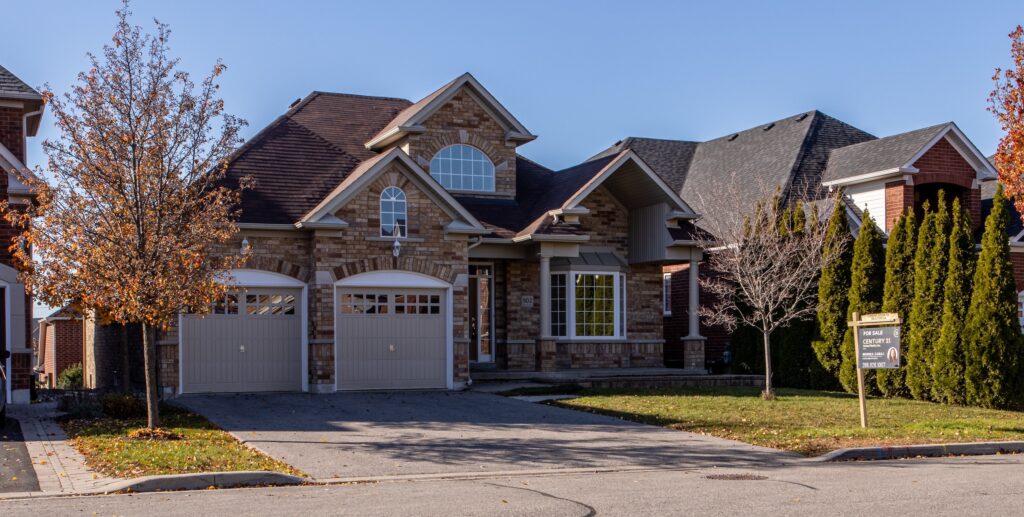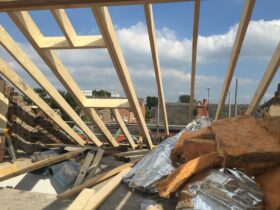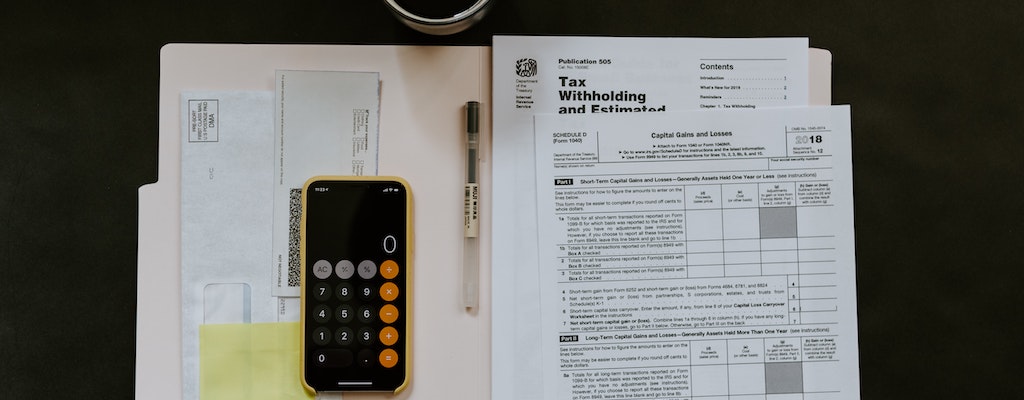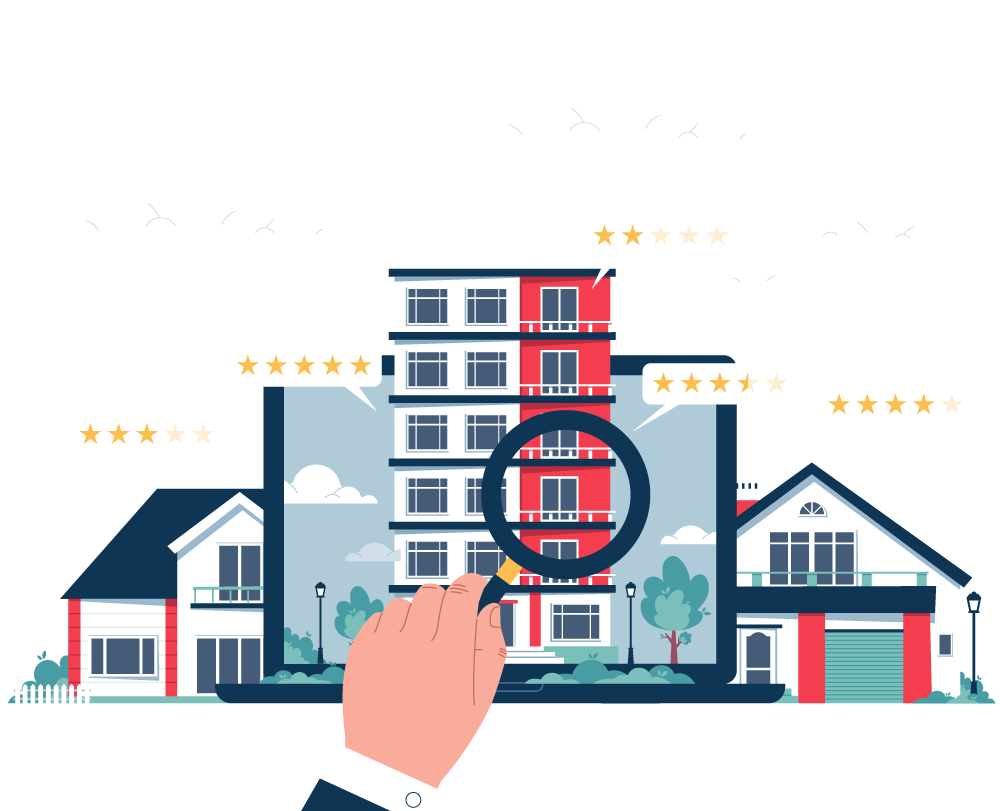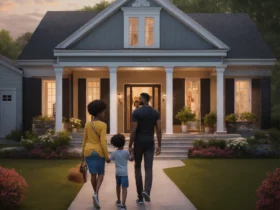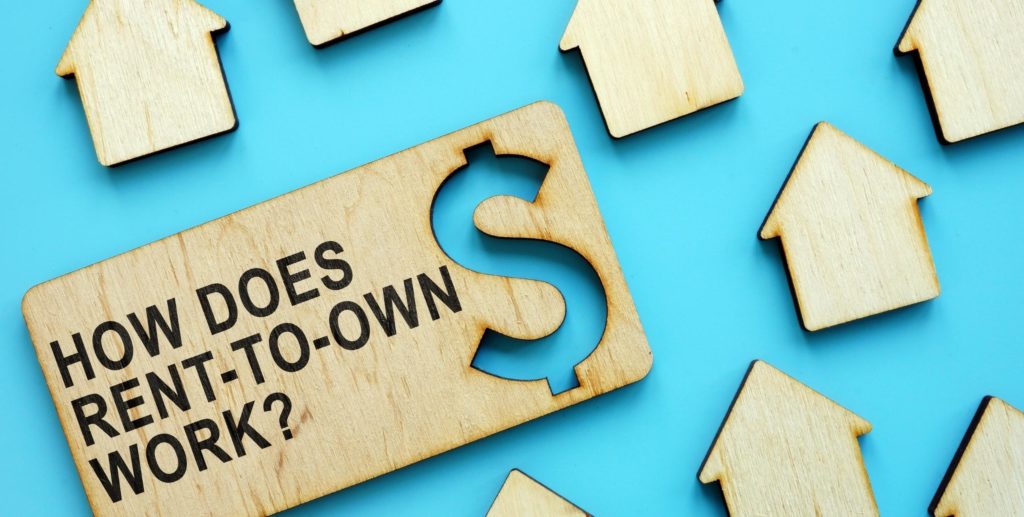Buying a house isn’t always a bed of roses. The yin and yang of interest rates in 2023 are out of this world, and for those with bad credit, it adds even more stress into the mix.
Although obtaining a loan with a bad credit history may seem nearly impossible, there are still ways to purchase a home with a not-so-great credit score.
This article will review how to buy a house with bad credit, including in-depth steps to make it happen.
What is Considered Bad Credit?
The minimum credit score requirements for any mortgage lender or loan will vary. However, the lowest possible credit score is 300. In its entirety, the credit score scale ranges from 300 to 850.
What is the lowest credit score for a mortgage?
Generally, a homebuyer wants a credit score of at least 580. You may be eligible for an FHA loan even if you’re right at that 500 mark. We’ll go over this in more detail in a bit, but specific to obtaining a mortgage, borrowers are less likely to get a mortgage if their credit score is under 500.
Financing Options to Buy a House with Bad Credit
For those wondering how to buy a house with bad credit, the good news is you’ve got options. Let’s review what’s available for buying a house with bad credit.
Conventional loans
Conventional loans are amongst the most popular loans for homebuyers. In 2021, they made up 74% of mortgages in the U.S., according to the Originations Insight Report from ICE Mortgage Technology. You’ll find these loans at commercial banks and savings and loan associations.
Generally speaking, you’ll need a credit score of at least 620 when applying for a conventional loan. Approval is possible with a lower credit score, but you’ll likely see higher interest rates. And you know what that means—higher payments. You want to consider putting at least 10% down for a conventional loan.
FHA loans
FHA stands for Federal Housing Administration. The Administration backs an FHA loan and typically allows for a little wiggle room regarding credit scores. These are great home loans for bad credit recipients with a score of 500+. However, lenders are more susceptible to accepting those with scores of 580+.
There are a few stipulations with this type of loan. For example, FHA loans require you to use the loan to purchase a primary residence, and lenders require the borrower to pay an FHA mortgage insurance premium, also known as MIP. The MIP protects the lender from loss if, for some reason, the borrower can’t repay the loan.
USDA loans
The U.S. Department of Agriculture backs a USDA loan. A USDA loan allows you to buy a home in a qualifying area with a zero down payment. Remember that the USDA does not technically have credit score requirements, but many lenders tend to require a 640 credit score to qualify for this loan.
As with other loans, you must meet stipulations to qualify, like earning a certain amount each year and buying a property in a particular area. Find out your eligibility for this loan on the USDA website. It’s worthwhile to note these loans don’t require down payments.
VA loans
Do you qualify for a VA loan? You could qualify if you’re a veteran, spouse of someone who has served in the military, or currently serving in the armed forces.
The Department of Veterans Affairs supports VA loans and allows people to purchase a home with zero down. In most cases, you will pay a one-time funding fee. A funding fee is a one-time fee paid to the Department of Veterans Affairs, which supports the VA home loan program. Technically, there is no minimum credit score required for a VA loan.
Local and state buyer assistance programs
Can you get money from grants or a forgivable loan? It’s time to find out if you qualify for down payment assistance. Yes, it’s very much a thing. Payment assistance can help someone with bad credit, especially when looking to make up for a bad score with a healthy down payment.
Learn more about down payment assistance and see if you qualify.
How to Improve Your Credit Score Before Getting a Mortgage
Step by step, right? You can take specific actions to improve your credit score before officially applying for bad credit home loans.
Monitor your credit score
You can request one free copy yearly from each of the three major consumer reporting companies (Equifax, Experian, and TransUnion). Visit AnnualCreditReport.com to obtain copies from the bureaus.
Each company offers a good online user interface to check your credit as often as possible. If you see a mistake, each credit bureau has a process for correcting errors and out-of-date information.
Check your credit report for errors
An FTC study found at least 20% of people had an error on at least one of their credit reports. So, it’s crucial to ensure you’re not just going off that calculated FICO score you may find on your credit card statements.
Decrease your credit utilization
Do you know your credit utilization ratio? The credit utilization ratio measures how much credit you have used compared to your total credit availability, and as a whole, it critically impacts your credit score.
If you’re wondering how to buy a house with bad credit, focus on what debt you’re already in. Another metric mortgage lenders look at is the debt-to-income ratio. Chase recommends keeping your debt-to-income ratio at or below 43%. Although the debt-to-income ratio doesn’t directly impact your credit, paying attention to it is important.
Make payments on time, every time
Well, this is of the utmost importance. Timely payments help you avoid pesky late fees, but it also helps with your credit. Even making the minimum payment on your credit cards shows lenders you are timely and responsible.
Avoid opening new accounts
Are you looking for a new credit card or a new car? Don’t. Inquiries or purchases like that can lower your credit score, and too many of those are a red flag to lenders. Wait until you buy a house to make that next big purchase.
Keep old accounts open (even if you don’t use them)
Paying down debt is important, but keep those credit cards open. That zero-dollar balance is like showing off a fancy car you have but don’t drive. It’s nice to have, but you don’t need it. A zero-dollar balance and unused credit are attractive to lenders because it shows that although the money is there, you’re not dependent on it.
Options for Buyers Who Cannot Get a Bad Credit Mortgage
For those buyers who cannot get a bad credit mortgage but your dream home is on the market, it’s not the end of the world. If you’re looking for additional options on how to buy a house with bad credit, here are a few.
Find a co-signer
If you have bad credit, perhaps it’s because you have a history of not paying your bills or your credit utilization rate is too high. There’s always the option for a co-signer. The co-signer, whomever it may be, will have to be okay with and able to incur any debt if you don’t pay the loan.
Hard money loans
A hard money loan is a short-term, secured, and non-conforming loan. For reference, a non-conforming loan doesn’t meet Fannie Mae and Freddie Mac’s standards. This loan comes from people or private companies that accept an asset or property as collateral.
If the borrower, let’s say the person with bad credit, defaults on a secured loan, the lender can take ownership of the asset to recoup its losses, a.k.a. the borrower’s home. A hard money loan typically comes with high-interest rates, and credit score doesn’t matter, so it isn’t a bad credit home loan option for those with really low credit scores.
Land contracts
Land contracts are a great alternative to traditional mortgage financing, especially if you have bad credit. The payment structure is similar to a mortgage, except the buyer pays the real estate owner or seller until the complete purchase price is paid in full.
Remember, You Have Options
Can you buy a house with bad credit? Sure, bad credit mortgage loans do exist. A not-so-great credit score isn’t a dealbreaker but is a challenge when buying a home with bad credit. Just like every person is different, so are lenders.
Remember that you have options. While shopping around, you’ll find that some rates are lower than others, or terms may be better with a certain lender. If you have bad credit, exploring all your options is important.
Ready to succeed in real estate investing? Create a free BiggerPockets account to learn about investment strategies; ask questions and get answers from our community of +2 million members; connect with investor-friendly agents; and so much more.
Note By BiggerPockets: These are opinions written by the author and do not necessarily represent the opinions of BiggerPockets.
Source link: https://www.biggerpockets.com/blog/how-to-buy-house-with-bad-credit by Ashley Friedman at www.biggerpockets.com

